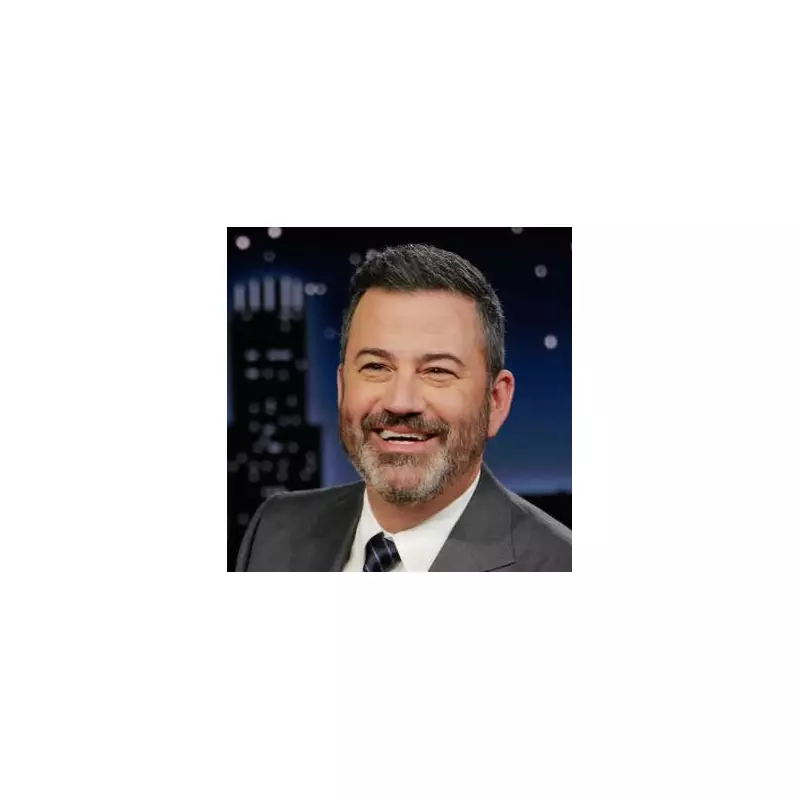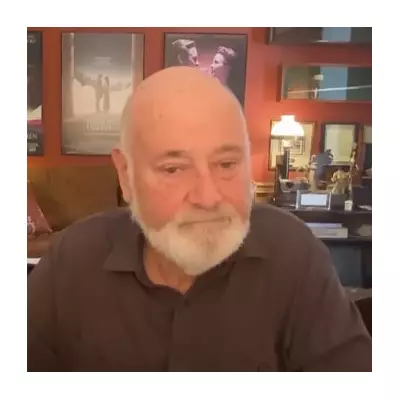
In a revelation that bridges generations of late-night television, comedy legend David Letterman has disclosed how his contemporary rival Jimmy Kimmel unexpectedly became his lifeline during one of the most challenging periods of his life.
The 76-year-old broadcasting icon, who underwent emergency quintuple bypass surgery in 2000, credits Kimmel's programme with playing an unexpected but vital role in his recovery process. During his lengthy convalescence, Letterman found himself confined to his home, where television became his primary connection to the outside world.
'I was watching Jimmy Kimmel every night,' Letterman confessed during a recent appearance on the 'Strike Force Five' podcast, which he co-hosts with other late-night luminaries including Kimmel himself, Stephen Colbert, and Seth Meyers. 'That was my companion through that whole recovery.'
The veteran host's emergency surgery came as a complete shock, occurring without any prior warning signs. Letterman recalled the surreal experience of being told he needed immediate life-saving surgery, describing how medical professionals discovered five severe blockages in his arteries.
During his appearance on the podcast, created to support striking writers, Letterman turned directly to Kimmel to express his gratitude: 'Jimmy, I want to thank you personally because during that period, you were my best friend.'
This heartfelt admission highlights the unexpected bonds that form between television personalities who are often perceived as competitors. Kimmel, clearly moved by the revelation, responded with genuine emotion to Letterman's touching tribute.
The conversation took an even more poignant turn as Letterman elaborated on the psychological impact of his health crisis, describing the profound vulnerability he experienced during recovery and how Kimmel's nightly presence provided both comfort and distraction during those difficult months.
This remarkable story of professional respect and personal connection between two giants of American television offers a rare glimpse behind the curtain of late-night rivalries, revealing the human connections that transcend network competition and ratings battles.





